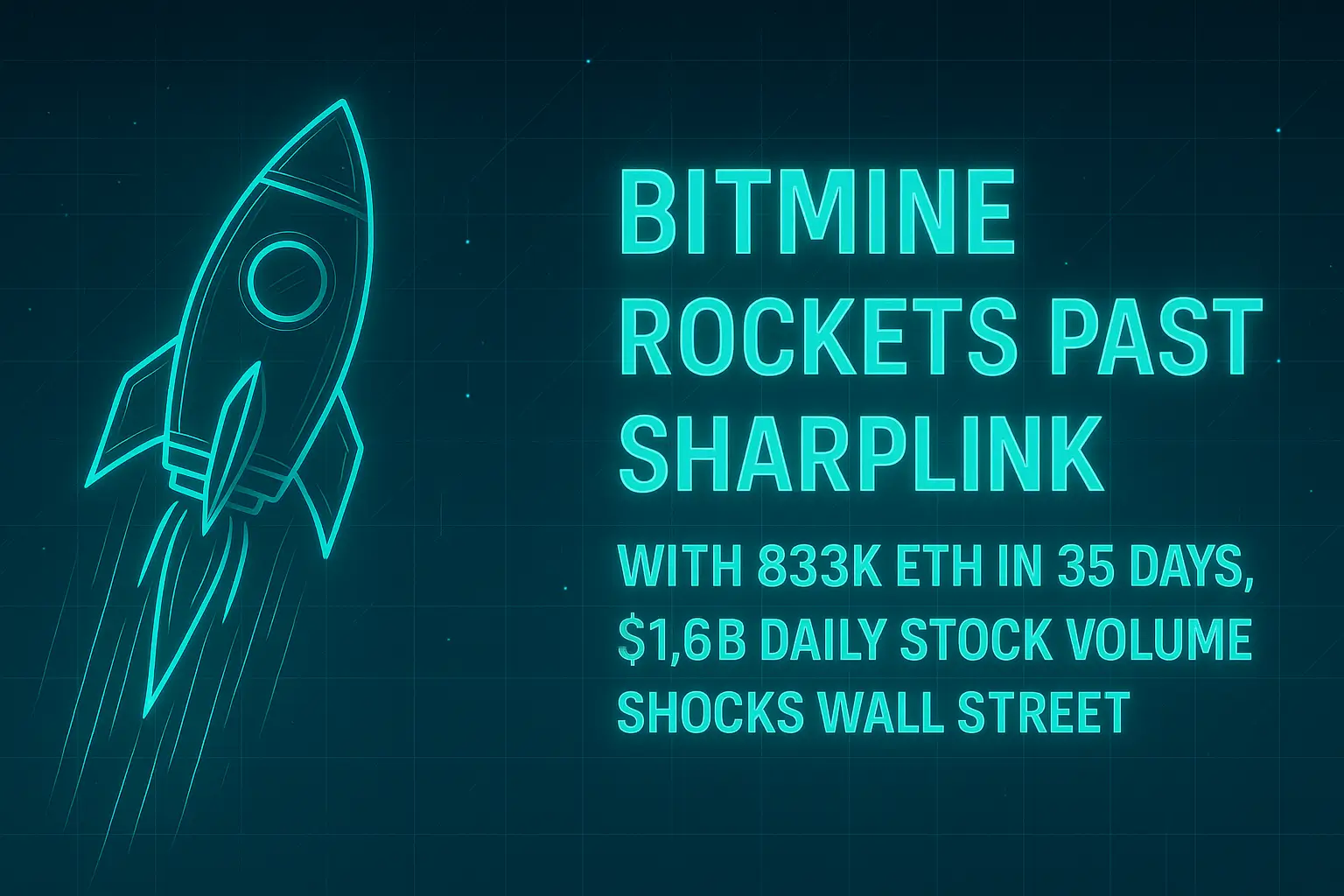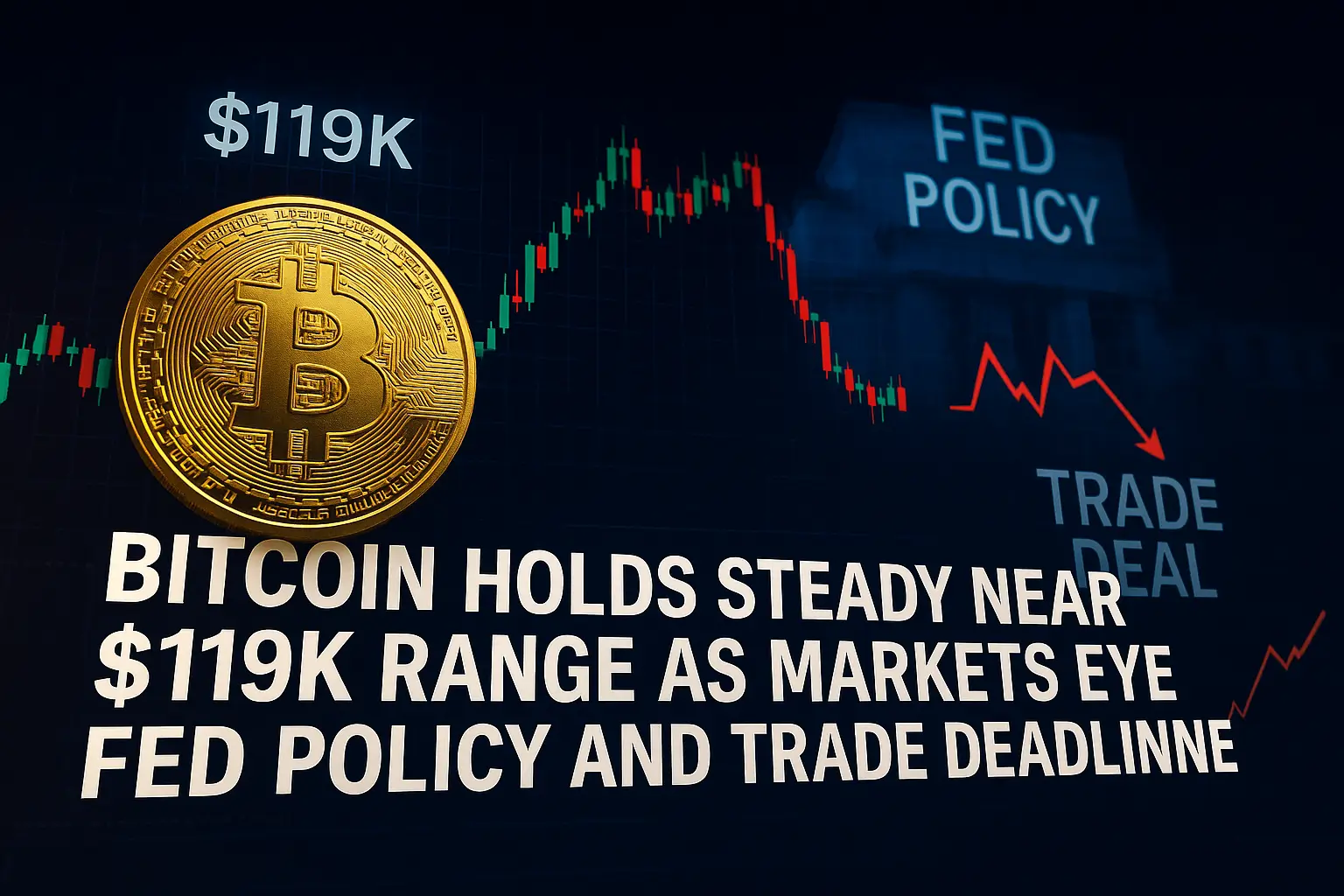President Trump is set to sign an executive order today that will allow for the inclusion of cryptocurrency, private equity, real estate, and other alternative assets in 401(k) retirement plans.
Key Takeaways
- Executive order directs the Labor Department to reconsider guidance on alternative assets, which includes crypto, private equity, and real estate, in 401(k) plans.
- The Labor Department, Treasury, and SEC will be designated to be responsible for evaluating rule changes and clarifying fiduciary responsibilities.
- The move could unlock access to roughly $12 trillion in defined‑contribution assets. But critics are cautious of increased risk, illiquidity, and higher fees.
On Thursday, U.S. President Donald Trump will sign an executive order that will authorize private equity, real estate, cryptocurrency, and other alternative investments to become eligible in 401(k) retirement accounts, according to Watcher Guru’s latest report. This marks the latest and boldest effort by the current U.S. administration to make a more expansive retirement plan investable assets.
The policy instructs the Department of Labor to reassess its guidance under the Employee Retirement Income Security Act (ERISA) to allow illiquid or complex asset classes. According to Reuters, the order also appointed Labor Secretary Lori-Chavez-DeRemer to coordinate with the Treasury Department, the SEC, and other federal entities or regulators to evaluate necessary rule changes and clarify fiduciary obligations.
Lobbying Efforts Face Regulatory Pushback
Major industry players, including Blackstone, KKR, and Apollo, have long lobbied for the right to manage the estimated $12 trillion held in defined-contribution retirement plans. Supporters argue it will diversify retirement portfolios and offer more growth avenues for savers; critics warn of unsuitable risks.
However, analysts and fiduciary experts have previously voiced concerns regarding excessive fees, liquidity constraints, and a lack of transparency in valuations. For instance, analysts from BCA Research and Johns Hopkins highlighted that complex assets like private equity may compromise retirement outcomes due to their cost structure and illiquidity. Additionally, some private equity firms have reportedly voiced unease that including crypto in the order could provoke reputational or political backlash.
Crypto Markets React to Retirement Plan News
As of writing (1:00PM UTC, August 7, 2025), key crypto assets exhibited significant gains on the day, where Bitcoin (BTC) trades at approximately $116,278, recording a gain of ~2.0% over the past 24 hours with an intraday range of $113,857 to $116,848 as revealed by TradingView's latest market statistics. Meanwhile, Ethereum (ETH) also saw a significant intraday breakout, currently trading at $3,842 with a 24-hour plus of approximately 7.2%, ranging $3,583.92 to $3,843.36 intraday according to the same source.
Outlook: Opportunity or Overreach?
By opening 401(k)s to alternative asset classes, including cryptocurrency, this executive order could demonstrate a significant change to the retirement planning landscape. While it promises diversification and expanded investment choices, the inclusion of volatile and illiquid assets raises serious questions about investor protection and plan fiduciary duties. Market reaction reflects optimism, but the real test lies in how regulators, plan administrators, and savers adapt.
Summary
President Trump’s executive order will permit 401(k) plans to hold cryptocurrency, private equity, and other alternatives, potentially unlocking $12 trillion in retirement assets. While this expands diversification and growth potential, it also introduces concerns over risk, liquidity, fees, and fiduciary responsibility. Crypto markets responded positively, but regulators and investors will have to address the long-term implications for retirement security.



















